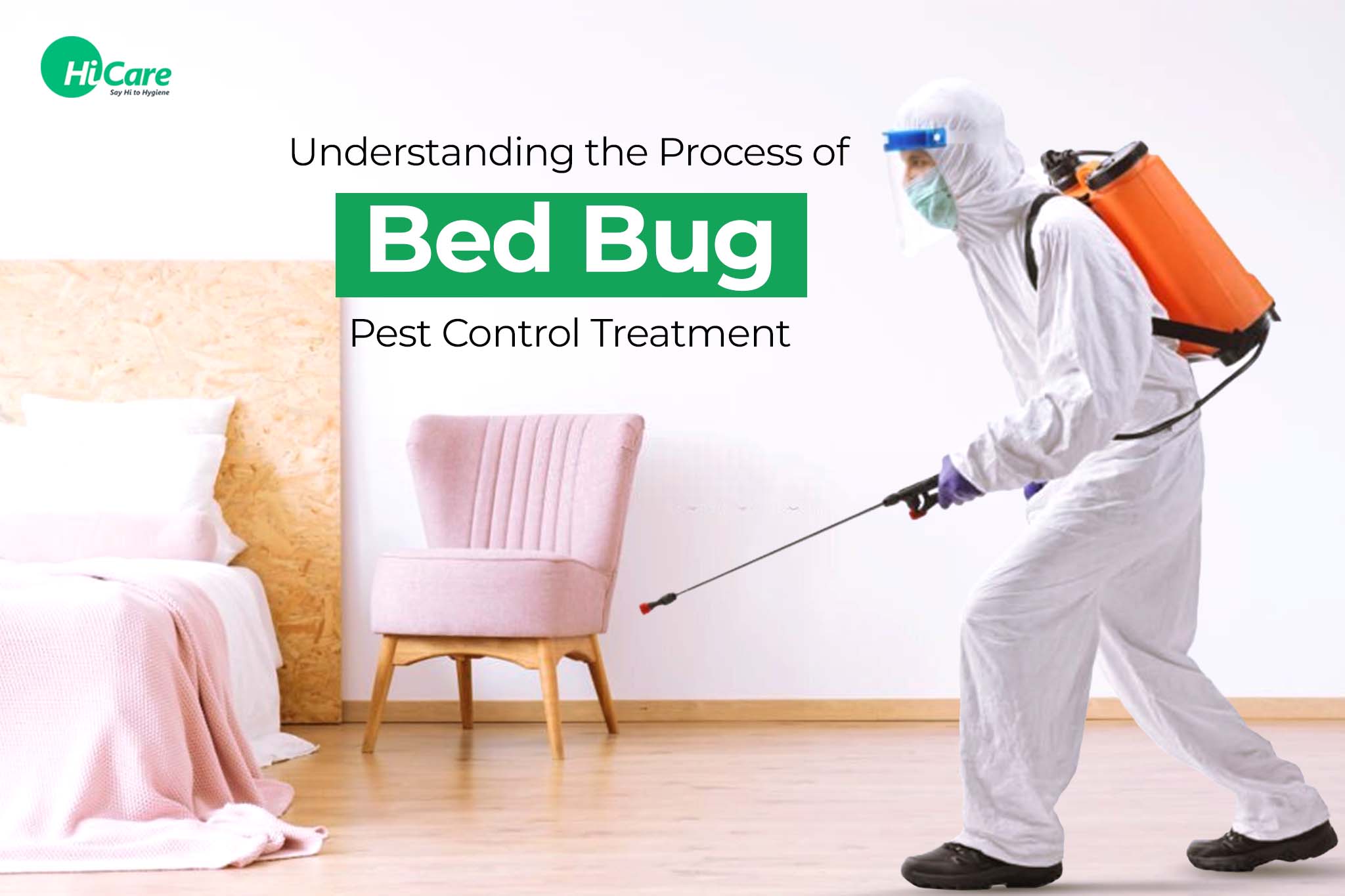Affordable A1 Bed Bug Removal in Houston - Specialist Exterminators
Affordable A1 Bed Bug Removal in Houston - Specialist Exterminators
Blog Article
Understanding the Lifecycle of Bugs for Targeted Control Strategies
Understanding the lifecycle of parasites is a basic facet of effective pest management approaches. By comprehending the different stages of development that parasites undertake, an extra targeted and precise strategy can be adopted to control their populations. This expertise not only clarifies the vulnerabilities within the bug lifecycle yet likewise leads the method for carrying out calculated procedures that can disrupt their growth and recreation cycles. Via a much deeper understanding of how parasites develop and grow, customized control strategies can be designed to address details factors in their lifecycle, ultimately leading to more effective bug administration results.
Relevance of Recognizing Pest Lifecycle
Understanding the lifecycle of bugs is essential for creating effective and targeted control approaches in bug administration. By comprehending the various stages a parasite undergoes from egg to adult, bug control experts can identify prone points in the lifecycle where treatment can be most effective. Recognizing when larvae are most energetic can assist figure out the optimal timing for applying larvicides. Additionally, recognizing the life-span of a pest types can aid in anticipating populace growth patterns and prospective problem dangers.
Furthermore, acknowledging the certain ecological problems needed for each stage of the bug's lifecycle can direct decisions on habitat modification or exemption techniques to reduce and interrupt the lifecycle pest populations. This expertise allows pest monitoring experts to execute positive procedures as opposed to relying entirely on reactive therapies, resulting in even more long-term and sustainable bug control remedies. Eventually, a complete understanding of pest lifecycles empowers bug control professionals to customize their techniques properly, decreasing ecological impacts and maximizing control outcomes.
Trick Stages in Bug Development
To efficiently implement targeted control methods in parasite monitoring, an important aspect exists in adequately identifying and recognizing the crucial stages in bug development. Insect growth commonly consists of numerous essential stages that are critical for their lifecycle and monitoring.

Susceptabilities in Parasite Lifecycle
Throughout the different phases of a pest's lifecycle, unique susceptabilities arise that can be tactically targeted for reliable control measures (A1 Bed bug exterminator houston LLC). One important susceptability lies in the egg stage, where bugs are often much more vulnerable to specific pesticides or organic control representatives due to their soft external shell, making them easier targets for treatment. Recognizing these susceptabilities in the pest lifecycle is necessary for creating effective and precise control strategies that effectively manage insect populations while minimizing ecological impact.
Applying Targeted Control Actions

Implementing targeted control steps commonly entails a multi-faceted method. This might consist of environment modification to make Going Here the environment less congenial to pests, such as removing standing water for mosquito control or sealing entrance points for rats. Furthermore, organic control approaches can be utilized, where all-natural killers or virus are presented to maintain bug populaces in check.
Integrated Pest Administration (IPM) approaches that incorporate various control steps in a worked with and lasting manner are commonly the most reliable in attaining lasting pest management objectives. By applying targeted control measures based on a detailed understanding of parasite lifecycles, pest populations can be efficiently controlled while minimizing threats to human wellness and the environment.
Improved Parasite Administration Practices

Moreover, the unification of biological control representatives, such as all-natural predators or pathogens of insects, read more can help minimize reliance on chemical pesticides and advertise an extra well balanced ecosystem. Executing physical obstacles and traps can likewise be part of boosted pest monitoring methods, offering non-toxic and targeted solutions for bug control. Additionally, using scents and various other semiochemicals can disrupt pest mating patterns and communication, leading to reduced pest populations in time.
Verdict
By identifying crucial phases in insect growth and susceptabilities in their lifecycle, targeted control measures can be implemented to lessen parasite populaces. Enhanced parasite management practices can assist lower the dependence on broad-spectrum chemicals and advertise even more environmentally friendly and sustainable insect control methods.
Recognizing the lifecycle of bugs is necessary for developing effective and targeted control methods in bug monitoring. By understanding the various phases a parasite goes with from egg to adult, parasite control specialists can recognize susceptible factors in the lifecycle where treatment can be most successful. check my site Ultimately, an extensive understanding of pest lifecycles empowers parasite control experts to customize their approaches successfully, lessening environmental impacts and maximizing control results.
By applying targeted control procedures based on a complete understanding of parasite lifecycles, insect populaces can be efficiently controlled while reducing threats to human health and the environment.
By identifying vital stages in insect advancement and susceptabilities in their lifecycle, targeted control procedures can be applied to lessen insect populations.
Report this page